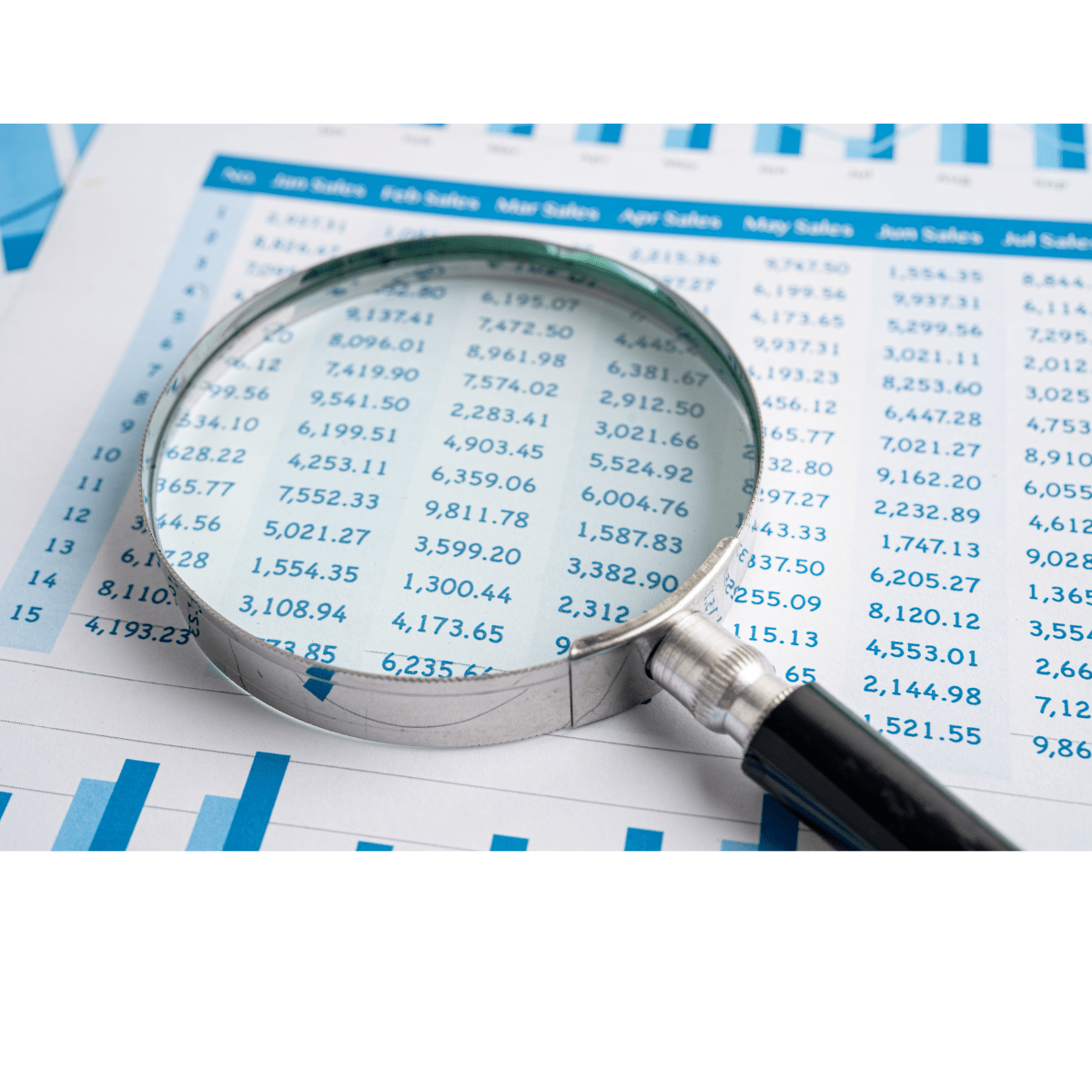Plastics in the cost spotlight: Why up-to-date market data is essential

Plastics are among the most versatile materials in product development and industrial manufacturing - at the same time, their market prices fluctuate considerably. Whether polypropylene, ABS, PA6 or specialty engineering plastics: factors such as oil prices, shifts in demand, regional capacities and recycling rates have a significant impact on material costs. If you want to calculate and develop for the future today, you need a reliable database - and this is exactly where the Plastics Commodity Prices Database from costdata® comes in.
Compare plastic prices worldwide - historical and current
The database contains over 14,000 entries on standard plastics, high-performance polymers and branded materials. In addition to current market prices, historical price trends from the last six years are also available - differentiated by region, type of trade and purchase quantity. This allows price trends to be identified at an early stage, procurement decisions to be made on a sound basis and budget planning to be realistic.
The database provides practical cost values for applications in injection molding, extrusion, blow molding and additive manufacturing - based on typical production parameters. The futures price data supplements this market transparency with strategic outlooks.
Material comparison, material substitution and CO₂ assessment
In addition to price information, the database offers comprehensive material data: mechanical properties, thermal characteristics, density, processing instructions - combined with CO₂ emission values. This enables not only a technical but also an ecological comparison of materials.
Especially in the context of material substitution - e.g. for lightweight construction projects, recycling strategies or new regulatory requirements - this opens up new scope for action. The database also provides support in design-to-cost processes: it helps to reconcile performance and cost targets.
From purchasing to development: using data along the value chain
Plastics data from costdata® is used in a wide variety of business areas. In purchasing, they are used to validate supplier offers and as a benchmark for negotiations. In development, they enable the pre-selection of suitable plastics - according to technical, economic and sustainability-related criteria. In controlling, they form the basis for reliable material cost calculations - including variant comparisons and potential analyses.
The data is also becoming increasingly important in the context of sustainability strategies: CO₂ values help to translate ESG goals into concrete material decisions - whether in the context of product design, recyclability or CO₂ compensation.
Conclusion: Plastic data with depth - for better decisions
Those who use plastic prices, material properties, CO₂ data and price trends in a structured way gain planning security and market knowledge. The Plastics database from costdata® provides a reliable basis for this - from individual part costing to company-wide material strategy.
➡️ Request a free sample data set now and use plastics data effectively: www.costdata.de/daten







































.svg)




































